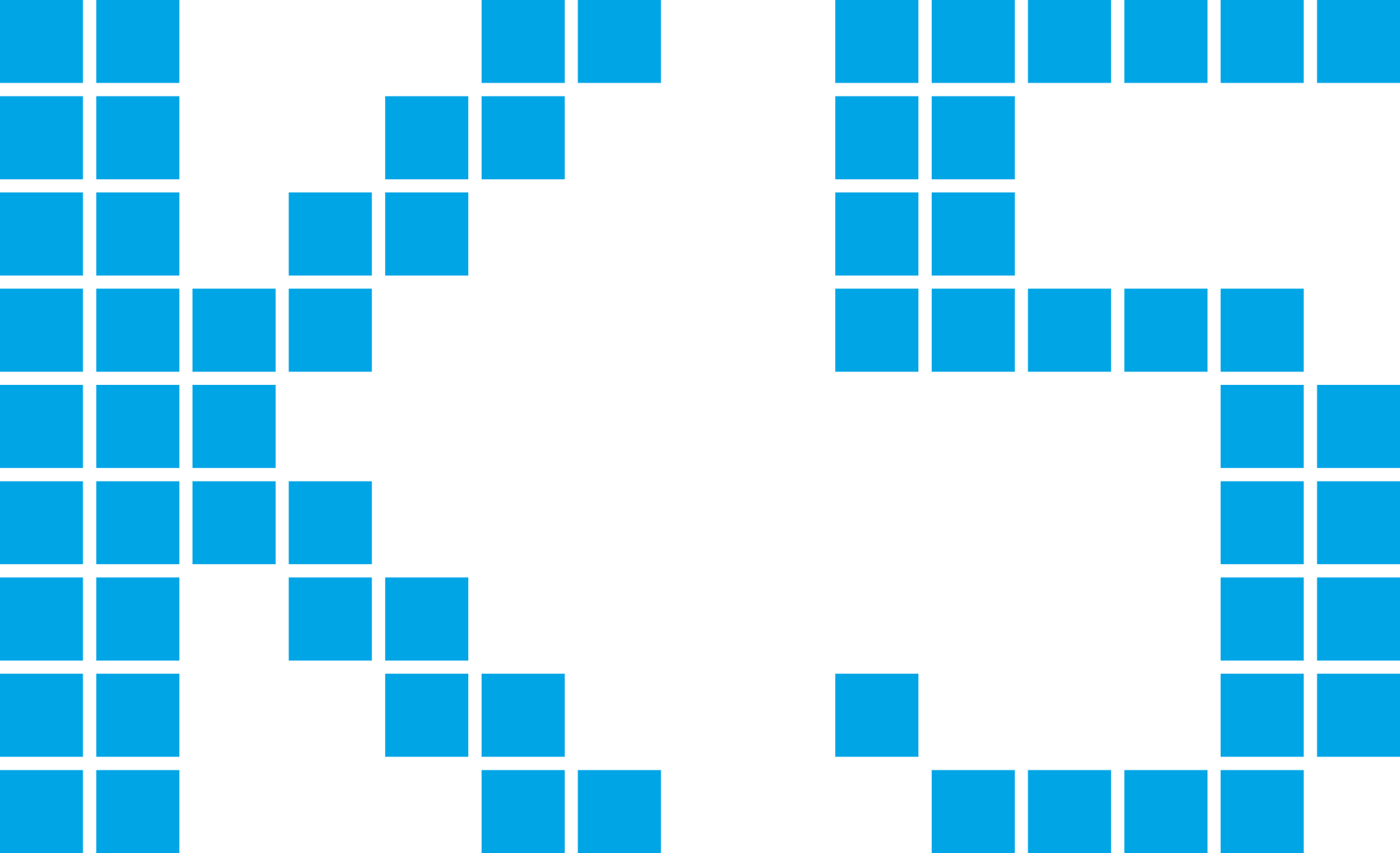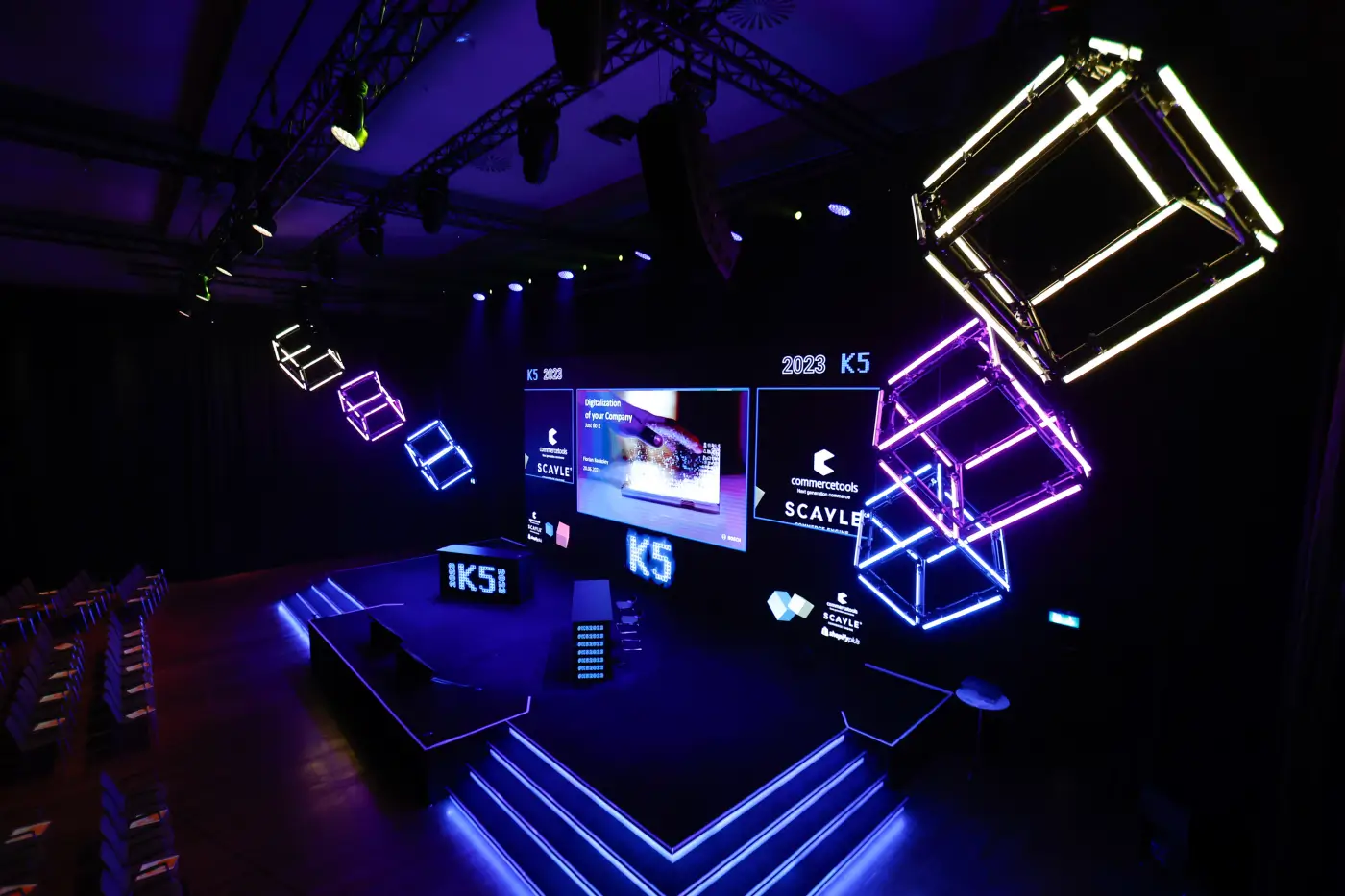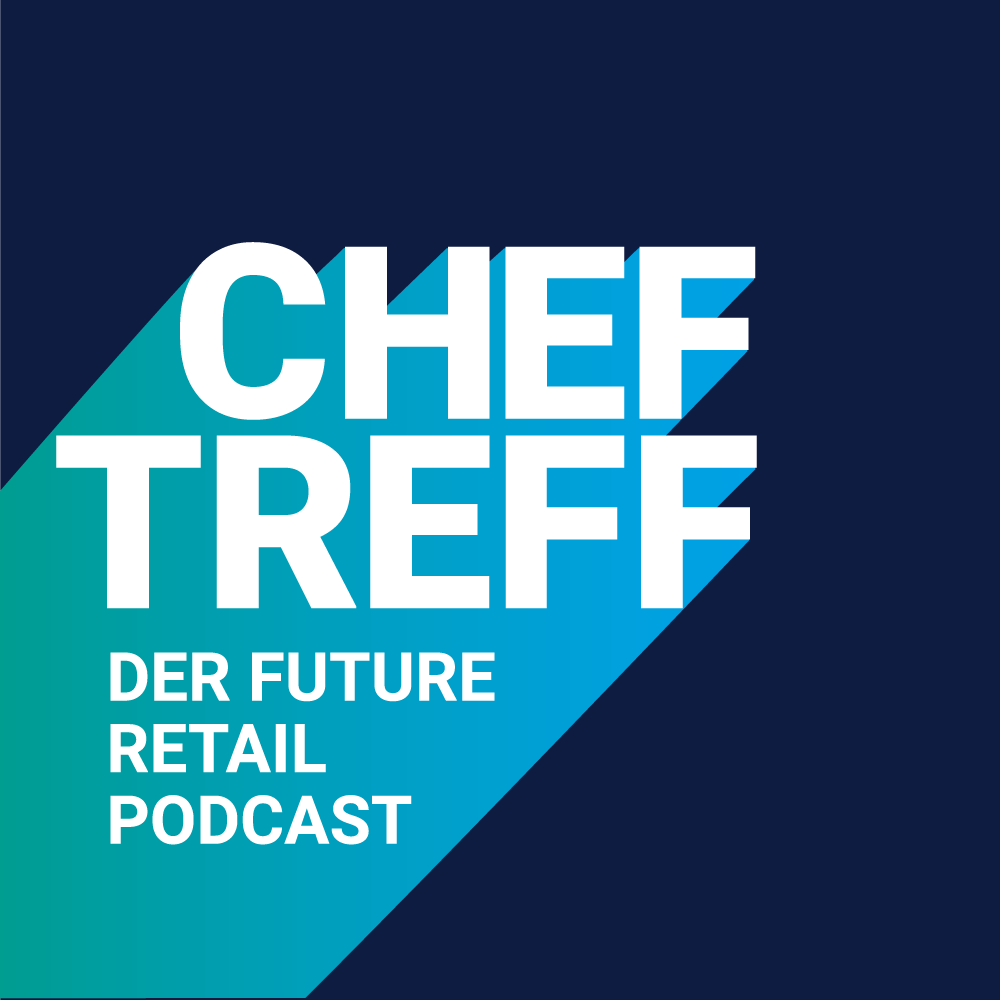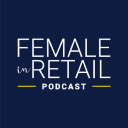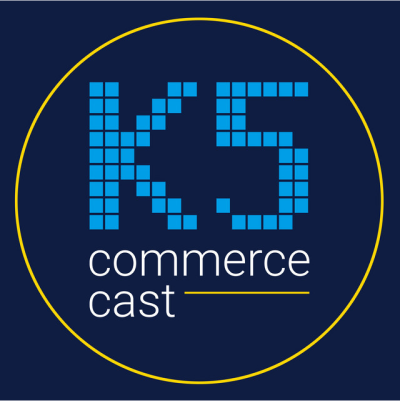Wolt ist eine der echten Wachstumsraketen in der Food & Delivery Branche und hat gute Chancen auf die Pole Position. Das ursprünglich in Helsinki gegründete Unternehmen wurde im Mai vergangenen Jahres vom US-Player DoorDash übernommen, der 2022 einen Umsatz von 53 Milliarden Dollar erzielte. Mit Oksana Lukyanenko, General Manager Germany von Wolt, haben wir auf der 11. K5 FUTURE RETAIL CONFERENCE ein exklusives Interview geführt:
Yes it is. And it's beautiful, I really love it.
I did attend PicNic and Mytheresa. Mytheresa was one that I liked a lot. I think how they want to move from just luxury into a more democratic space was something really interesting to hear. I believe it resonates with what the German consumer wants. That was and still is really captivating.
That is a tough question. We have a multitude of challenges. But I think for us it’s important to look at how the market is doing: the combination of a very low unemployment rate in Germany, the inflation and the desire of the market to grow - including in the case of retailers. It becomes like such a triangle where, when you're offering new products to the retailers that could really help them grow, it actually makes it challenging because they are not able to find the people to support them in this endeavor.
So I think it’s the constant triangulation between what consumers want, what the market has to offer and around the whole economic crisis. It gives uncertainty to a lot of people in the market and with regard to the decision-making process. So I think the decision making in retail - as you mentioned - due to the fact that players here didn't know what's going to happen - it's been really slow. In our case, we would like to really do something that the consumer wants. We try to navigate in between the two, trying to persuade them to look into a big retail world. Because that is where you need to go during these really dark times.
I wouldn't say educate, no, I think it's not for us to educate anyone. I think our consumers are highly intelligent people. It's just when one has been doing something for a very long time, it is not easy to just switch towards a different direction. Actually, it might feel very revolutionary. It is similar to changing your job from being maybe a piano teacher to being a shop assistant which is quite different.
If you think about retail then that is a possibility, yes. But at the same time, what we need to do is similar to what was mentioned on the stage: basically, we need to create leadership. We need to make sure that we build our business in a way that is scalable. And I think that's what we're really good at.
Our logistics infrastructure at Wolt is really scalable and that's where we feel very comfortable. But in order to execute, I don't see any particular challenges that would prevent us from growing and moving. We just need to continue our process of execution, while I believe the consumer is actually waiting for us to get where they are. So that's what we want to do. I truly don't think there is anything specific blocking us from continuing to grow.

The only thing I wish our competitors is luck. But in general, of course, I wish that customers order more. I hope that customers who have never tried us out, will just give us a chance. I truly believe that once you try Wolt, you will be unable to give it up. Simply, because our service is really, really good. In case a customer ever experiences any issue with Wolt, we've got their back. So, that is the reason why our retention is essentially the highest in the market. Probably the biggest challenge is to persuade the German consumer that they should try Wolt just once, right? Give us one little chance.
I believe for us, it's a natural evolution. It's also something that we had in mind from the beginning. And so we want to create this in the digital sphere by example of shopping malls: Customers shop on the ground or walk upstairs to get food. They are able to purchase clothes and everything else they need. And so further developing our concept also creates way more consumption occasions for people. Today the consumer wants to shop for eggs, milk and other grocery items, but tomorrow they do not want to do the same. So, we need to accommodate this. And that's what we try to create.
There are always new opportunities, right? Of course, if we are stagnant, don't evolve and don't observe the market, don't ask consumers what they desire, then there will be no development. I believe it is very likely that there will always be different business models, as we see the examples of Nokia and Netflix. So, Nokia was persuaded that its business model worked and they are still kind of a great company, but they're not the biggest phone producer anymore.
And in the case of Netflix came the realization that the model was not entirely fitting and has to constantly be adjusted. I think this is what we've been seeing all along. I've been in this business for the last 12 years. It's a constant evolution. When I started, there was no mobile application, just the ones for desktops. And now look where we are. So, I think that that's the evolution that we need to constantly be on top of. And until now it's amazing to see how the food delivery business has been able to do that. We just need to run a bit faster.
